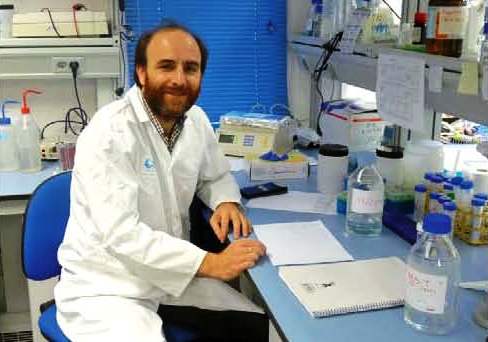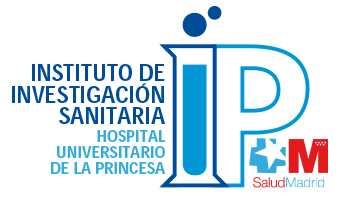Non enzymatic post-translational modifications in vascular pathophysiology
The research of this group is centred on two main lines: (1) Mechanisms of redox signalling in the response and adaptation to hypoxia Different cell types produce a superoxide burst in th first minutes of hypoxia, which can be an early signal triggering different responses to acute hypoxia. We are currently studying the mechanisms of superoxide productions, especially the role of the electron transport chain complex I and of the mitochondrial sodium/calcium exchanger (NCLX). We have recently patented the use of NCLX inhibitors as a novel tool for inhibiting ROS production and the HIF pathway, which could be useful in the treatment of diseases in which those two factors are present.  (2) Oxidative post-translational modifications and redox proteomics We have studied the functional role of S-nitrosylation in several proteins, through collaborations. We have contributed to generate new hypothesis in the field of NO signalling and reviewed the role of this modification in the immune system and neuronal plasticity. We are currently developing the application of the methods designed by us for clinical samples, starting with the study of the thiol redox proteome of heart valves, comparing samples from the two main diseases that lead to valve replacement and normofunctional valves from heart donors.
(2) Oxidative post-translational modifications and redox proteomics We have studied the functional role of S-nitrosylation in several proteins, through collaborations. We have contributed to generate new hypothesis in the field of NO signalling and reviewed the role of this modification in the immune system and neuronal plasticity. We are currently developing the application of the methods designed by us for clinical samples, starting with the study of the thiol redox proteome of heart valves, comparing samples from the two main diseases that lead to valve replacement and normofunctional valves from heart donors.
Recent Publications
- Reactive oxygen species, nutrition, hypoxia and diseases: Problems solved? Redox Biol. 2015; 6:372-85.
- S-nitrosation and neuronal plasticity. Br J Pharmacol. 2015; 172(6):1468-78.
- Acute hypoxia produces a superoxide burst in cells. Free Radic Biol Med. 2014 ;71:146-56.
- Disulfide stress: a novel type of oxidative stress in acute pancreatitis. Free Radic Biol Med. 2014;70:265-77.
- Specificity in S-nitrosylation: a short-range mechanism for NO signaling? Antioxid Redox Signal. 2013;19(11):1220-35.
- Differential redox proteomics allows identification of proteins reversibly oxidized at cysteine residues in endothelial cells in response to acute hypoxia. J Proteomics. 2012; 75(17):5449-62.
- Ebselen alters cellular oxidative status and induces endoplasmic reticulum stress in rat hippocampal astrocytes Toxicology. 2016; 357-358:74-84.
- Nitrosothiols in the immune system: signaling and protection. Antioxid Redox Signal. 2013; 18(3):288-308.
- A novel strategy for global analysis of the dynamic thiol redox proteome.Mol Cell Proteomics. 2012;11(9):800-13
- Induction of the mitochondrial NDUFA4L2 protein by HIF-1α decreases oxygen consumption by inhibiting Complex I activity. Cell Metab. 2011;14(6):768-79.

